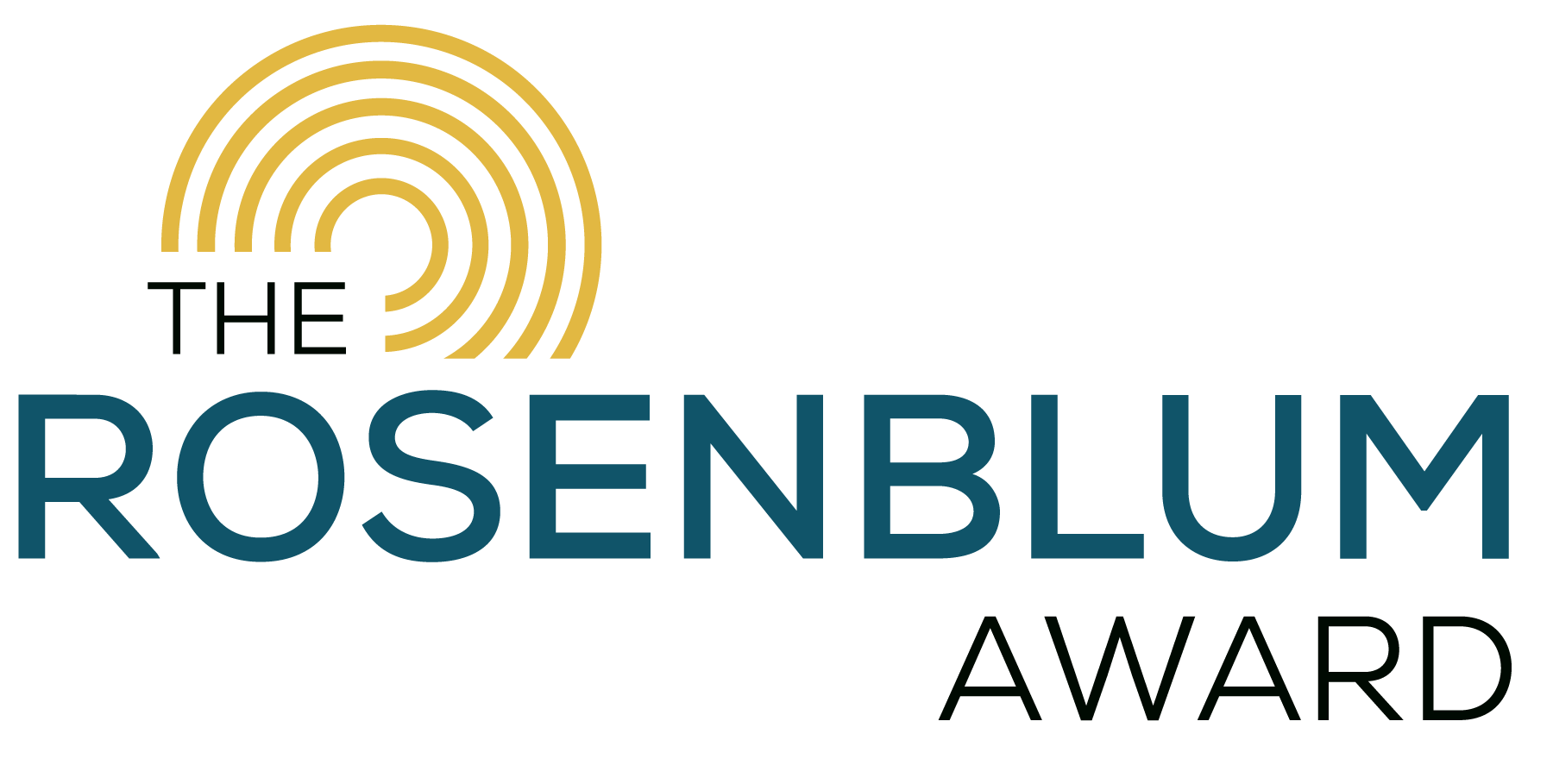
Bruce Rosenblum was a pivotal figure in the scholarly communications industry, renowned for his expertise in developing Document Type Definitions (DTDs) and championing XML standards. He was a primary author of what originated as the National Library of Medicine DTDs and has now evolved to the Journal Article Tag Suite (JATS), Book Interchange Tag Suite (BITS), and Standards Tag Suite (STS), all now considered indispensable for scholarly content. Bruce served on the National Information Standards Organization (NISO) Board of Directors from 2005 to 2013 and played a critical role in the development of the JATS and STS standards. As a NISO board member, he tirelessly advocated for persistent identifiers, semantic tagging, high-quality metadata, and industry standards.
Bruce was CEO of Inera, which was acquired by Atypon in 2019 and best known for creating one of the leading editorial software systems for scholarly content, eXtyles and its reference processing component Edifix. His 16 years of joint work with Crossref earned Inera and Crossref the 2014 New England Publishing Collaboration (NEPCo) Award, and he was awarded the status of NISO Fellow in 2020. Before his untimely death of Amyotrophic lateral sclerosis (ALS) in 2023, Bruce was VP of Content Solutions at Atypon, where he continued to lead software development for Inera’s eXtyles and worked with customers on workflow solutions.
Under his leadership, Inera emerged as a leading developer of software solutions for scientific, technical, and academic publishing, with Bruce himself becoming a leading authority on publishing tools and workflows. His contributions have left an indelible mark, with organizations worldwide continuing to benefit from the software and standards he was instrumental in developing.
Beyond his professional achievements, Bruce was deeply committed to fostering potential in others, employing the Socratic method to challenge and support his colleagues. His boundless energy and curiosity persisted even after his ALS diagnosis, leading him to become a vocal advocate for ALS research and disability accessibility. He openly shared his experiences, bridging the gap between medical researchers and the publishing industry, and promoting conversations about accessibility. Bruce’s legacy is reflected not only in the technological advancements he spearheaded but also in the inclusive and supportive work environment he cultivated.
